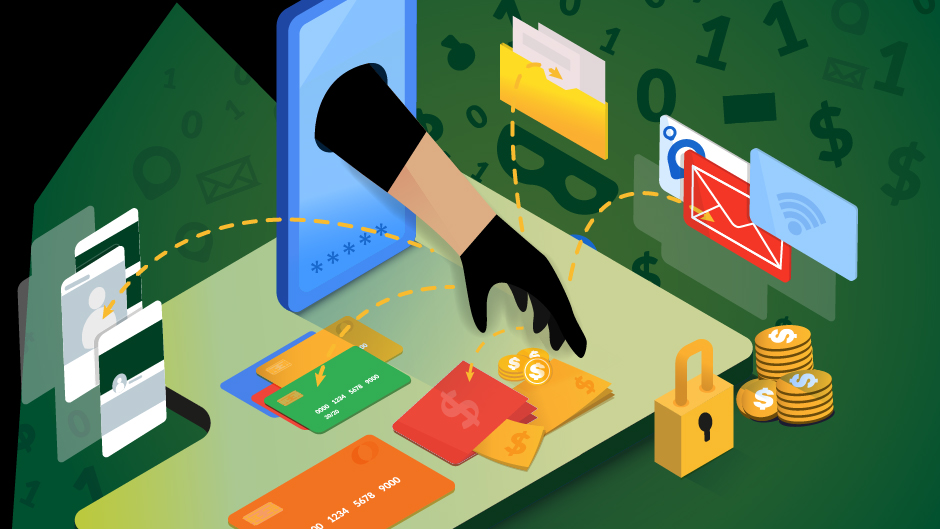While virtual scams have been around for quite some time, university communities has seen an increase in the number of fraudulent emails, phone calls, and text messages indicating that a government official or a university faculty, staff, or student is requesting a form of payment—such as a gift card or wire transfer—for bills, to clear warrants, or for a charity donation. University experts provide tips on how to recognize cyberfraud and vishing—fraudulent phone calls—protect yourself from a potential scam, and what to do if you are targeted.
Recognize a scam.
- Scammers will pretend to be someone you trust, such as a government official, family member, charity representative, University official, or a member from an organization with which you transact business. Do not send money or provide personal information in response to an unexpected request—whether it is received as an email, phone call, or text message.
- Check the sender's email address to verify it's coming from that person. Scammers will try to fool you into thinking you are communicating with someone you know. If you look carefully, there will be minor differences between an authentic and false email address. Call the person and ask if they sent the email.
- For calls or text messages, technology makes it easy for scammers to fake caller ID information. The name and number you see aren’t always legitimate. If someone calls asking for money or personal information, hang up. If you think the caller might be legitimate, call back using a number you know is genuine, e.g., by looking up the company’s official contact number.
- The scammer will try to create a sense of urgency to encourage you to take action quickly. Never rush. Take the time to consider and check whether an email, phone call, or text message is real.
- You may be asked to buy gift cards or send wire transfers with the promise of paying you back. Scammers have posed as UMPD officers to obtain fraudulent payments; it is important to note that UMPD does not collect any type of payment over the phone.
Protect yourself.
- Be suspicious of all unknown calls, texts, and emails. It is unusual for requests for personal information to be made via unknown phone calls, texts, and emails.
- Never give out personal information, including account numbers, social security numbers, mother's maiden name, passwords, or other identifying information, in response to unexpected calls, especially if you are at all suspicious.
- Don’t believe promises of reimbursement. Do not purchase gift cards or send wire transfer money to an unknown account. Keep in mind that gift cards are for gifts, not payments. And, wire transfers are virtually the same as sending cash; there are no protections for the sender.
- Just say no. A legitimate company will never reach out to you to request sensitive information or to access your device. If you receive an inquiry from a company or a government agency seeking personal information, hang up and call the phone number on your account statement or on the firm’s official website to verify the authenticity of the request. Use caution if you are being pressured for information immediately.
If you feel you have been the victim of a scam, please call UMPD at 305-284-6666, or visit www.ic3.gov to report the incident to the Federal Bureau of Investigation.

